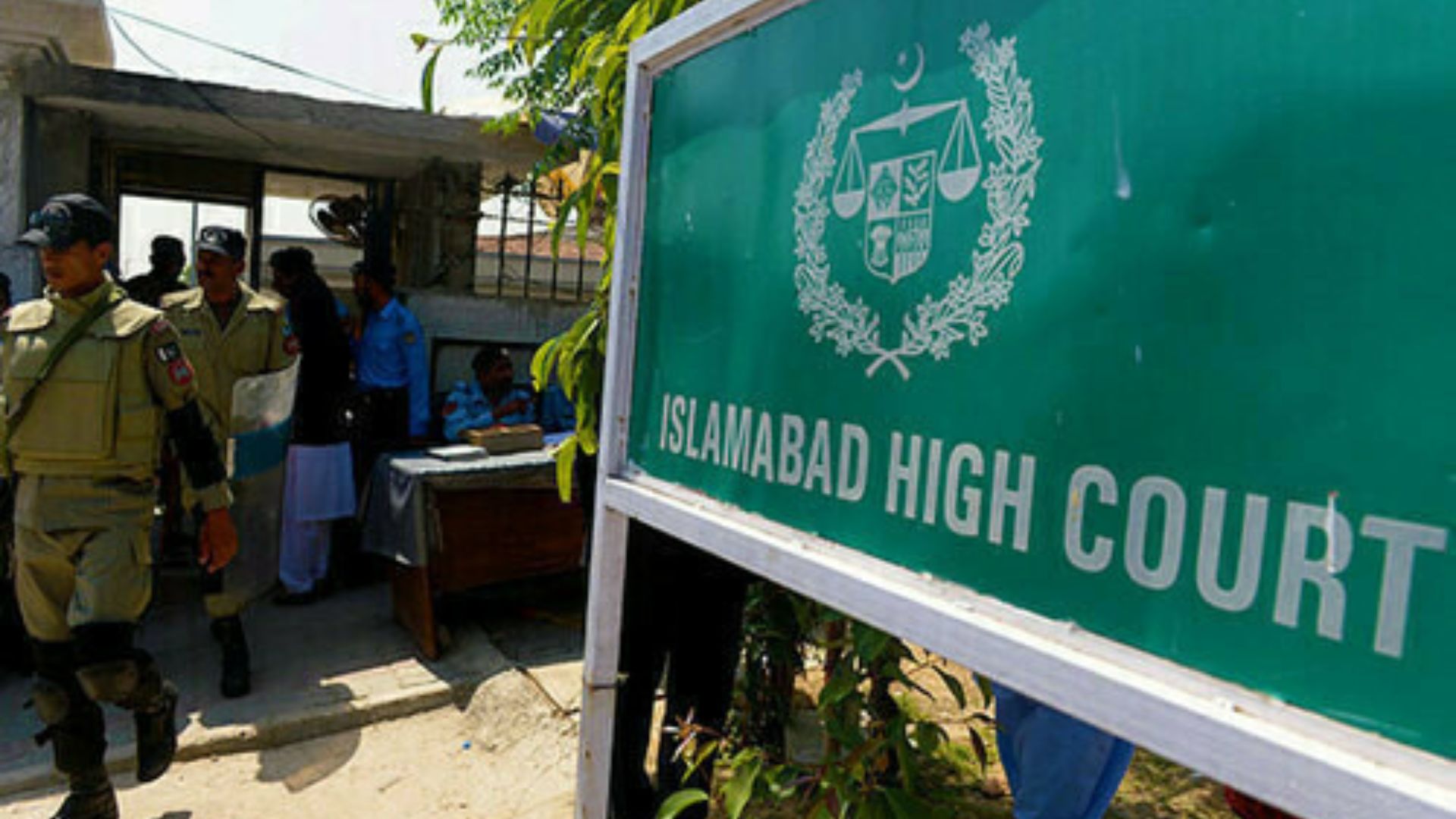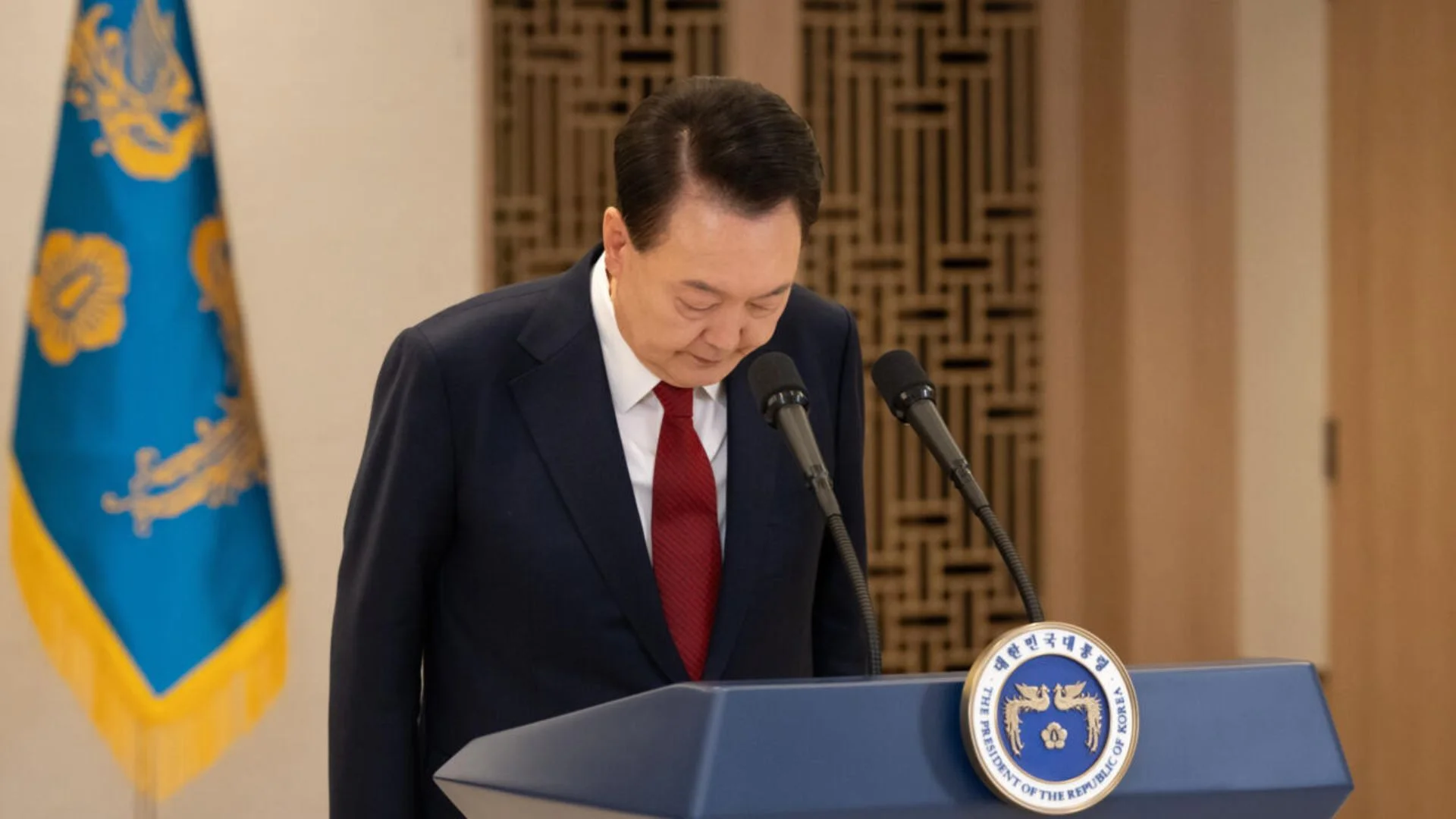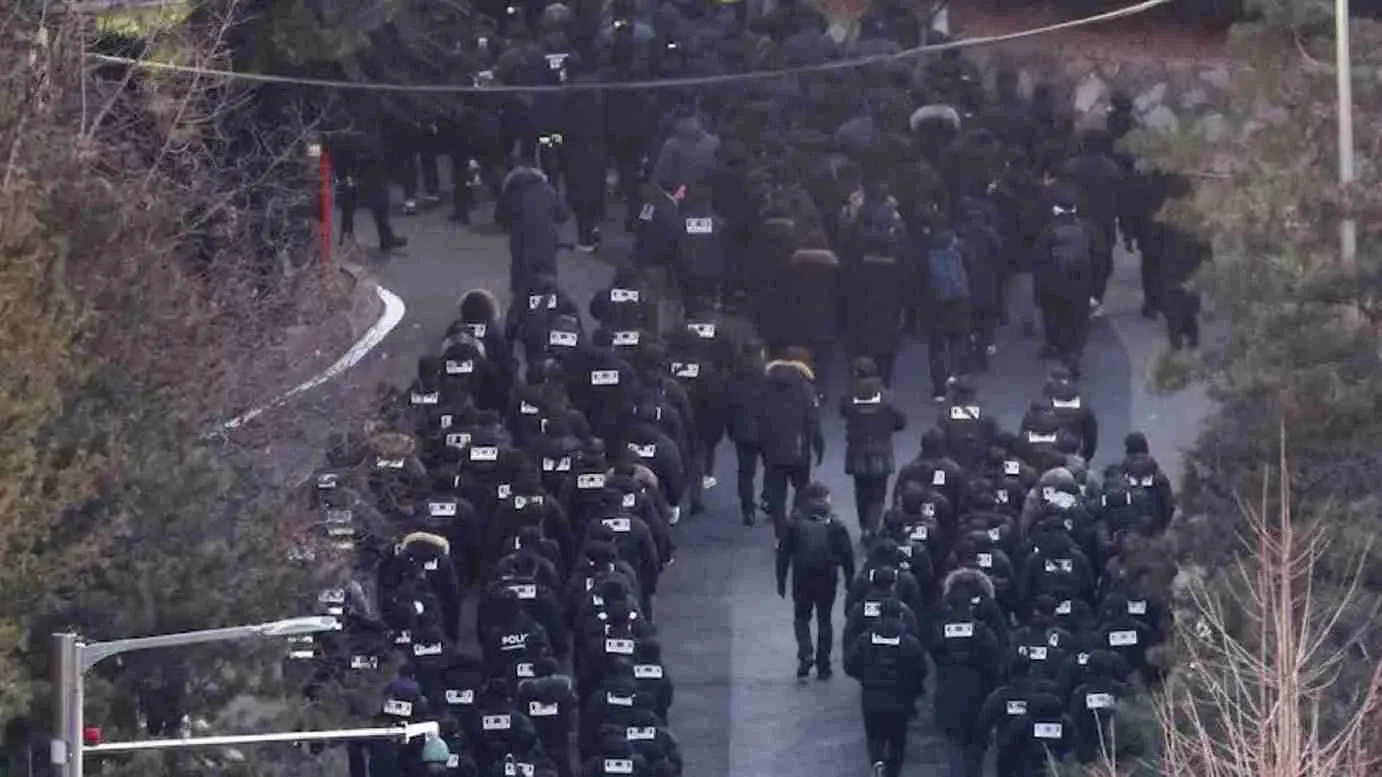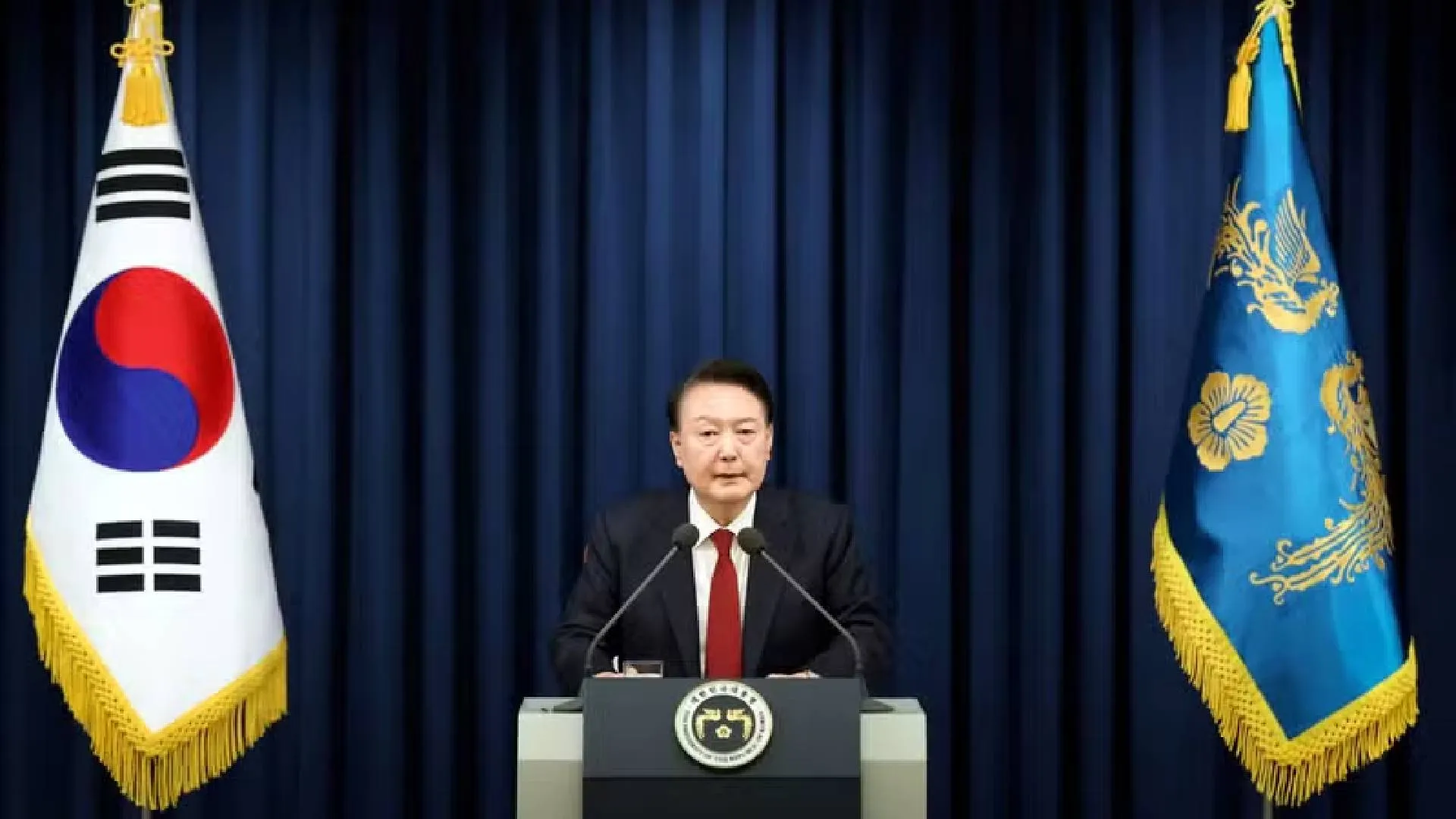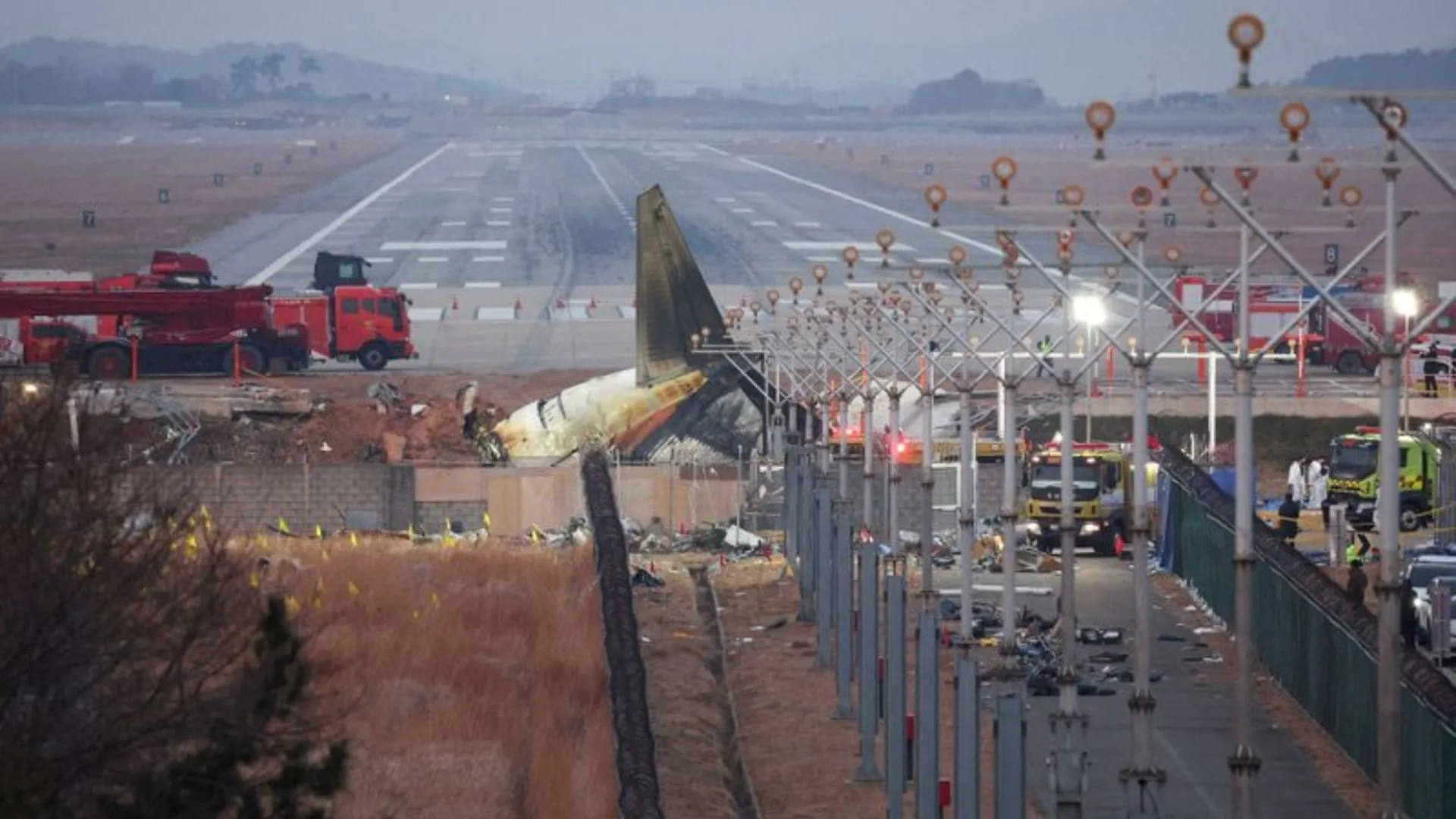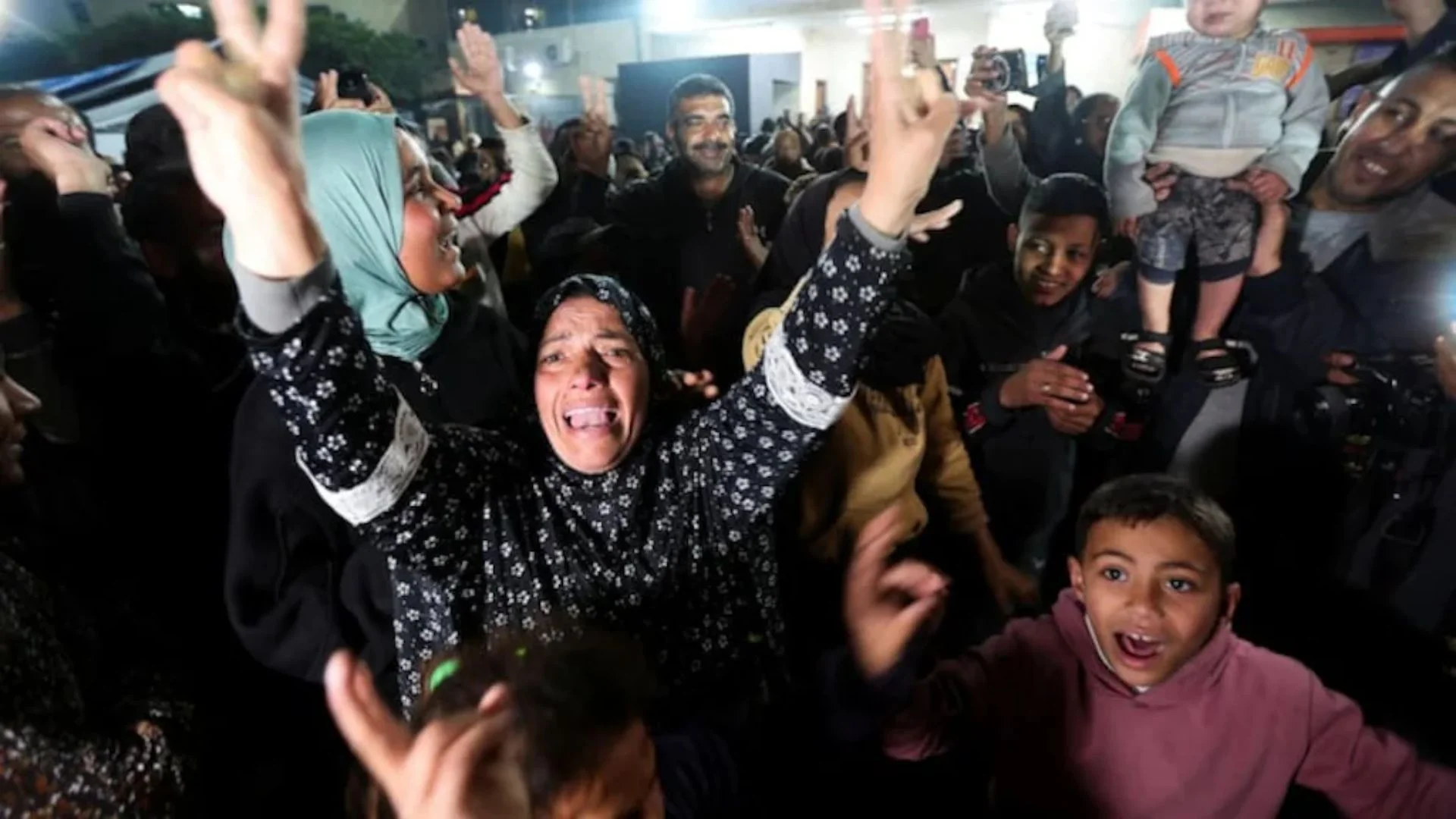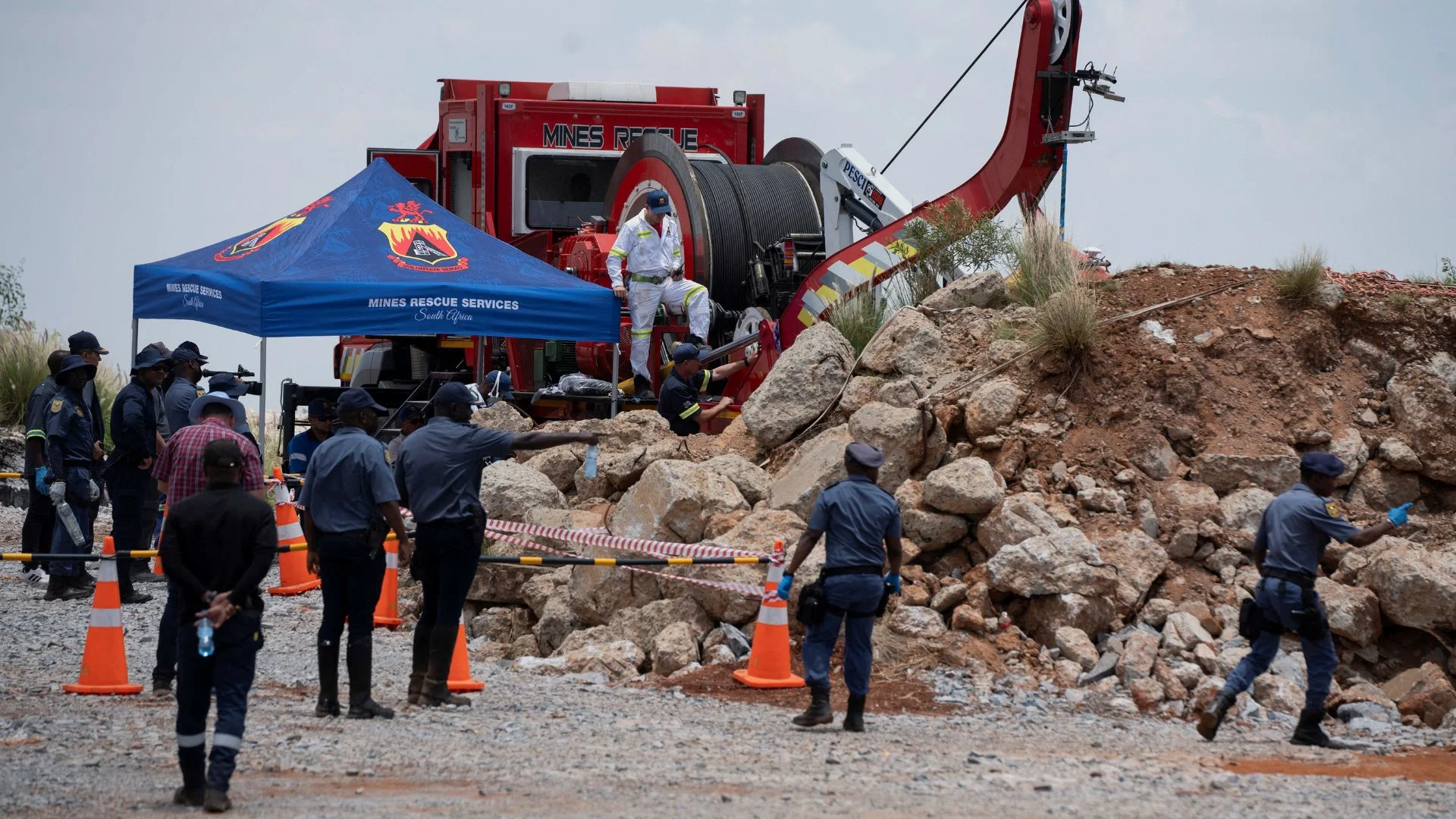Islamabad police have requested the attorney general to challenge a recent Islamabad High Court (IHC) verdict that significantly restricts the ability of intelligence and law enforcement agencies to conduct investigations and monitor terrorist activities, as reported by Dawn.
Justice Babar Sattar’s ruling prohibits cellular providers from sharing citizens’ data with these agencies, leading to a halt in sharing Call Detail Records (CDRs) with law enforcement bodies.
This ruling, prompted by requests from Bushra Bibi, the wife of former Prime Minister Imran Khan, and Najam Saqib, the son of former Chief Justice of Pakistan Saqib Nisar, has caused disruptions in various investigations, including high-profile cases, according to Dawn.
The reliance of law enforcement on CDRs for tracking criminals, terrorists, and missing persons has been severely affected by the court’s decision. Geo-fencing, crucial for crime prevention and swift information transmission in cases like abductions, is now impossible due to the lack of cooperation from cellular operators, Dawn reported.
Justice Sattar highlighted the lack of authorization by the federal government under relevant acts for intercepting calls, messages, and surveilling citizens. He emphasized that unauthorized surveillance is punishable under various laws and violates citizens’ fundamental rights guaranteed by the Constitution.
The case is set for its next hearing on June 25.

